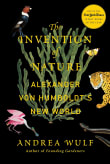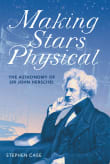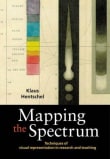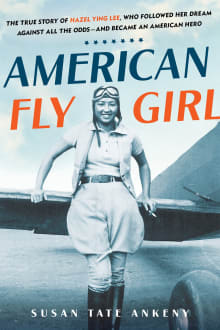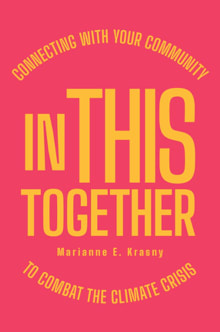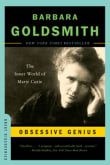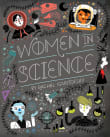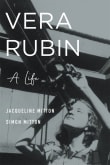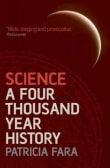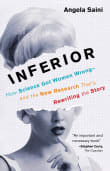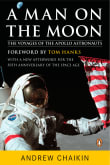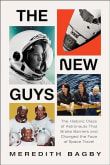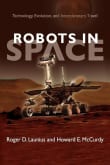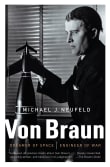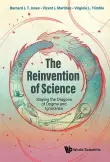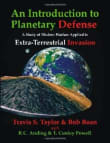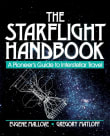The Glass Universe
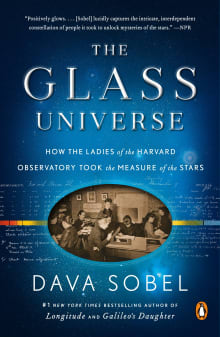
Book description
From #1 New York Times bestselling author Dava Sobel, the "inspiring" (People), little-known true story of women's landmark contributions to astronomy
A New York Times Book Review Notable Book
Named one of the best books of the year by NPR, The Economist, Smithsonian, Nature, and NPR's Science Friday
Nominated for…
Why read it?
6 authors picked The Glass Universe as one of their favorite books. Why do they recommend it?

Dava Sobel is the unquestionable queen when it comes to writing the history of women in science. You can’t go wrong in choosing anything she’s written, but I particularly enjoyed this group portrait of the women hired as “human computers” at the Harvard Observatory in the late 1800s to interpret astronomical data and observations collected by the male astronomers.
While some of these women were trained scientists, many were simply wives, sisters, or daughters of the Harvard astronomers. Sobel deftly shows how, when given a chance, women were capable of incredible scientific inquiry. I love all of the vivid scenes…
From Olivia's list on the history of women in science.

I find it a lovely book that highlights the work of many hidden figures in the field of astronomy for the mere fact of being women. The book shows the groundbreaking work of a group of women astronomers at the Harvard College Observatory in the late 19th and early 20th centuries, who made significant contributions to the field of astronomy.
I always find Sobel's prose fascinating and very enjoyable to read; I love the way she writes. Drawing from letters, diaries, and scientific papers, Sobel paints a vivid portrait of these pioneering women and their remarkable discoveries. Reading the book…
From Fernando's list on humanistic answers from the skies.

Astronomers have explored space for centuries without leaving the ground. Some of the most important astronomical discoveries of the twentieth century were made by women who overcame discrimination and whose work is just now being recognized.
Sobel’s book not only tells the story of a group of women who revolutionized our view of the universe, but it also helps us understand how astronomers go about their work of discovery.
From Christopher's list on the exploration of space.
If you love The Glass Universe...

This is a very readable account of a group of women working on a project at Harvard University’s observatory in the late nineteenth century. The project involved studying glass-plate negatives of the sky and in doing so learning more about the night sky, the composition of stars, and their evolution. Through the story of these women, Sobel shows the extent to which the university supported and nurtured them, it also brilliantly brings to life these women using their own words to show their awareness of certain injustices. This book is a great way into to understanding science as it properly…
From Emily's list on historical women in science.

Beginning late in the 19C the Harvard Observatory employed a group of female assistants from a wide variety of backgrounds to work in the laboratory; they were sometimes referred to as ‘human computers.’ They were all fascinated by the stars and good at mathematics, and their task, initially, was to use images taken through telescopes to locate stars precisely and measure their brightness. Later, again using images recorded on glass photographic plates (hence the book’s title) they began to classify stars based on their spectra – essentially determining their chemical composition. Sobel’s wonderful book highlights the thrill of discovery and…
From Doug's list on scientific discovery and what makes scientists tick.

Authors who focus on the lives, careers, and achievements of the so-called "great men of science" have too often omitted mention of the invisible essential workers whose indispensable contributions made those achievements possible. These assistants -- family members, friends, neighbors, young recruits -- were pressed into work for, at best, meager compensation and little to no recognition for their efforts. Fortunately, more authors, like Dava Sobel, who write on the history of science are going beyond the public record, delving into private correspondence, diaries, and other lesser-known accounts to uncover and make known the important work of assistants' behind-the-scenes contributions.…
From Barbara's list on the history of astrophysics.
If you love The Glass Universe...
Want books like The Glass Universe?
Our community of 12,000+ authors has personally recommended 100 books like The Glass Universe.

